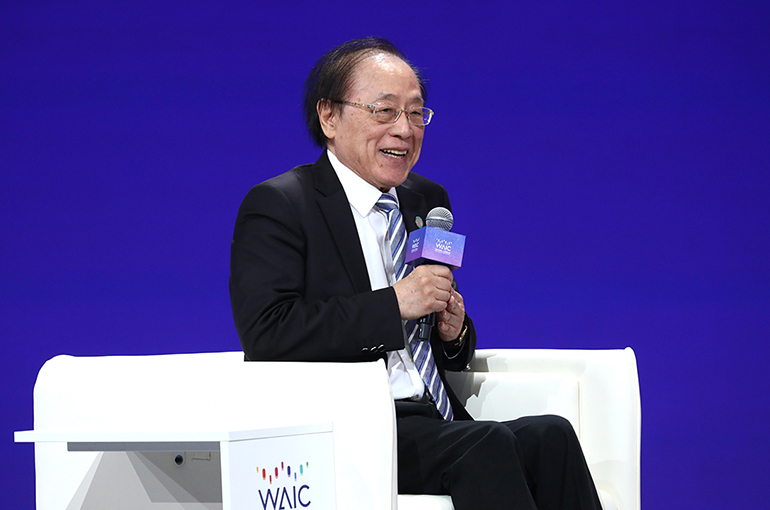 AI’s Rapid Rise Demands Urgent Global Control, Chinese Turing Laureate Says
AI’s Rapid Rise Demands Urgent Global Control, Chinese Turing Laureate Says(Yicai) July 28 -- The arrival of the artificial general intelligence era is happening faster than anticipated, so humanity must enhance the safety governance of artificial intelligence, according to an academician at the Chinese Academy of Sciences.
AGI will bring numerous commercial applications, making AI safety even more critical because, unlike traditional algorithm design, it lacks theoretical guarantees, Andrew Yao, who is the only Chinese Turing Award winner, said in an interview with Yicai at the three-day World AI Conference and High-Level Meeting on Global AI Governance in Shanghai, which ends today.
Several experts have argued in recent years that AI may become smarter than humans once AGI arrives, making it difficult for humans to control it, Yao pointed out.
He said that no one knows what profound changes AI will bring to society, this cannot be predicted, but people worldwide can enjoy a better life as long as safety governance is well-implemented.
Shanghai possesses favorable conditions for advancing AI safety governance, including timely opportunities, geographical advantages, and human resources, according to Yao. The city's unique strengths can attract overseas experts, making it one of the world's most important hubs for such governance, he pointed out.
The Shanghai Consensus on International Dialogues on AI Safety, formulated during the WAIC, made the first global call for governments and researchers worldwide to ensure that AI systems remain under human control and aligned with human values.
Yao, 78, was born in Shanghai and moved to the United States in 1967, winning the Turing Award, dubbed the Nobel Prize in computer science, in 2000 for his work in the theory of computation. He worked at several US colleges before returning to China in 2004 to join Tsinghua University.
Editors: Tang Shihua, Martin Kadiev